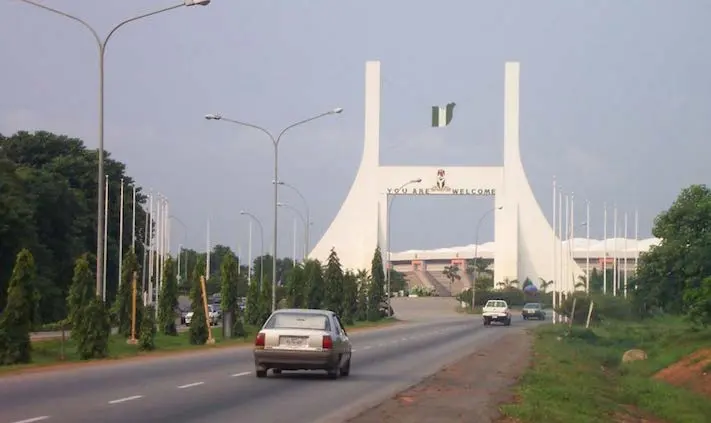The Federal Capital Territory (FCT) has witnessed rising tensions after Senator Onyekachi Nwaebonyi (Ebonyi North) called for the demolition of residential communities near the Nnamdi Azikiwe International Airport in Abuja.
During a Senate session on May 21, Nwaebonyi reportedly described the settlements around the airport corridor as unsightly and damaging to Nigeria’s international image. His statement sparked a wave of backlash from FCT natives and advocacy groups who viewed the remarks as insensitive and elitist.
Speaking on behalf of affected communities, former Public Complaints Commission commissioner Dalhatu Ezekiel denounced the senator’s comments. He accused the lawmaker of losing touch with the lived realities of many citizens, especially those residing in informal or underserved areas.
“He now enjoys certain privileges, including air travel, and seems to have forgotten the hardships faced by regular Nigerians. Public office should not alienate leaders from those they represent,” Ezekiel stated.
He further demanded a public apology and urged the senator to withdraw the statement, calling it discriminatory and counter to the principles of democratic representation.

Echoing this sentiment, Yunusa Yusuf, who chairs the FCT Indigenous People Association, emphasized the need for infrastructure improvement rather than eviction.
“He should be advocating for development, not destruction,” Yusuf said. “Upgrading these communities would be a more constructive approach.”
David Isaac, President of the Abuja Original Inhabitants Youths and Empowerment Organisation, expressed suspicion over the senator’s motives, suggesting that the demolition calls may be linked to land acquisition interests.
“There is no clarity on whether native residents have been compensated. If there’s truly a plan to develop the area, it should start with proper relocation and fair treatment not public shaming and threats of eviction,” Isaac noted.
Residents are now mobilizing against the proposal, with some warning that public demonstrations could follow if the motion is not rescinded.
The situation highlights growing tensions between urban development plans and indigenous rights in Nigeria’s capital, where questions of land ownership, compensation, and inclusive governance continue to fuel debate.




